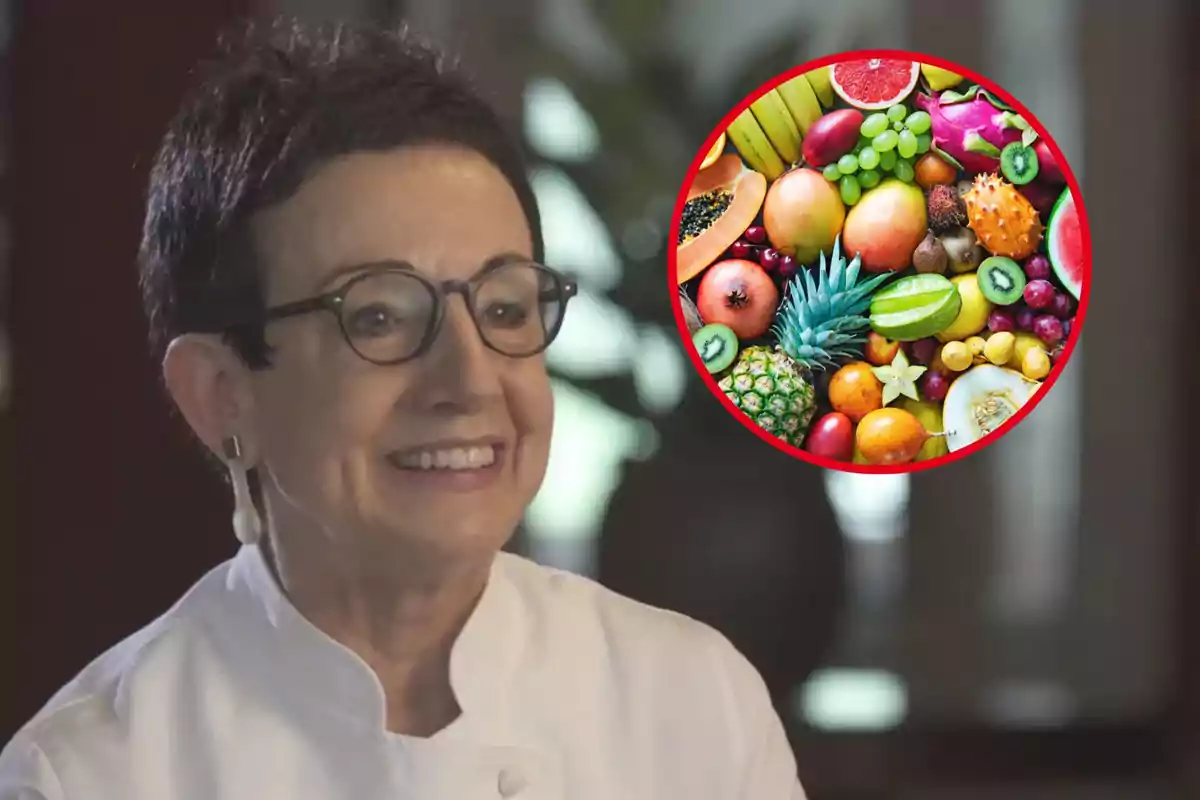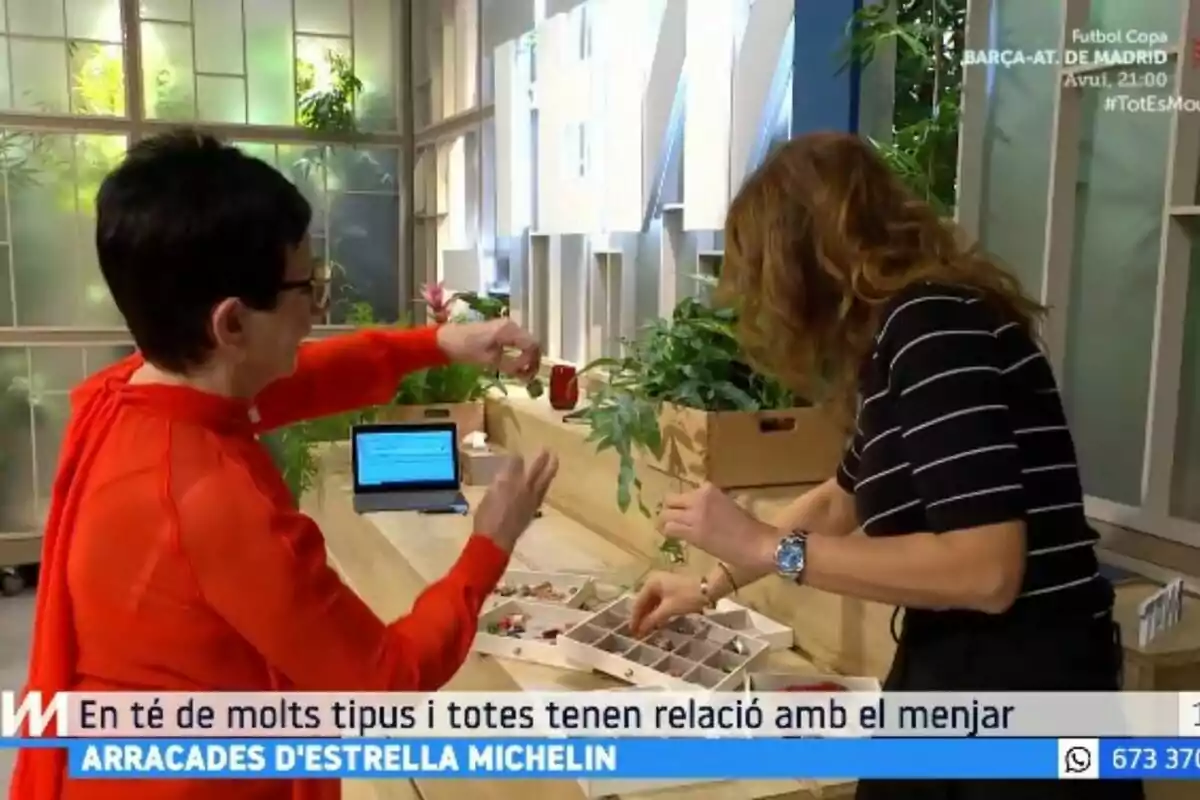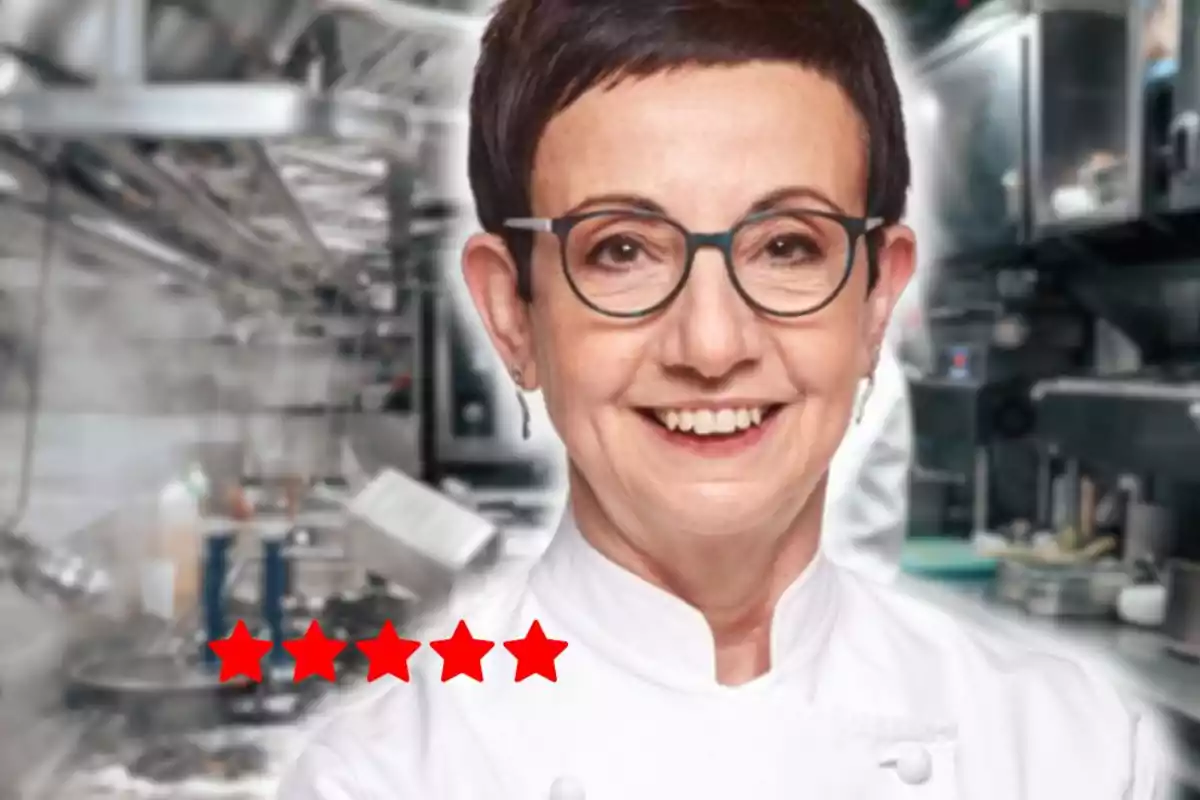In the Barcelona epicenter of haute cuisine, a new culinary space has aroused the curiosity of Carme Ruscalleda, the chef with the most Michelin stars in the world. This renowned Catalan cuisine establishment has not only managed to surprise her, but even to excite her to the point of including it in her personal route through the city. With an unstoppable career and a refined palate, Ruscalleda has put her culinary visits under scrutiny.
The discovery that has caused a sensation
The rumor broke out weeks ago on social media and gastronomic blogs between Barcelona and its metropolitan area. A young chef was reinterpreting traditional Catalan cuisine with a contemporary approach.
Specialized publications revealed that the restaurant, located in an up-and-coming neighborhood of the city, plays with local, seasonal flavors and cutting-edge techniques, without betraying the essence of native products. On Twitter and Instagram, dishes evoking escudella or romesco began to circulate. Expectations soared when it was leaked that Ruscalleda had booked a table, and her positive reaction ignited the media spark.

Flavors of roots
The chef, originally from Sant Pol de Mar, has always defended seasonal cuisine tied to the land. This new restaurant has captured that philosophy. According to accounts shared in nearby restaurants and on the social media of the producers themselves, Ruscalleda was captivated by the naturalness and cleanliness of the ingredients, as well as the balance in technique.
"They know what they're doing and why they're doing it," she commented in the kitchen environment. Little by little, her favorite dishes became known: a seasonal mushroom carpaccio, fresh interpretations of romesco, and desserts that combine Maresme fruit with local products.
A voice with weight
From the program «Tot es mou» on TV3, they spontaneously reported that the chef praised certain nods on the menu that refer to her own restaurant Moments. Meanwhile, the Barcelona gastronomic sector began to consider the restaurant's name among possible future influences of the chef.

The recognition hasn't only come from Ruscalleda. Gastronomic journalists and viewers have commented that this project embodies the rebirth of Catalan cuisine, which now more than ever leans toward proximity and culinary memory. It thus joins a trend in which tradition with a Catalan stamp is being successfully reinvented in local restaurants.
Where does it fit on the current gastronomic map?
This enthusiasm comes at a favorable moment: Catalonia is experiencing a "renewal of its culinary identity," where traditional roots and modernity are balanced. Established restaurants like Els Tinars or El Celler de Can Roca choose to keep the legacy, but younger, more creative, and closer proposals are also emerging.
The restaurant in question is Collsacreu, which is gradually earning a place among the most prominent names in contemporary Catalan cuisine. Its commitment to excellence, respect for local products, and innovative vision explain the enthusiasm it has aroused in both Carme Ruscalleda and other experts in the sector.

A movement that promises to bear fruit
Ruscalleda—holder of seven Michelin stars, at her restaurant Sant Pau in Sant Pol de Mar, Moments in Barcelona, and Sant Pau in Tokyo—endorsing this place makes it a hot spot in gastronomy.
The echo of this visit has positively influenced the restaurant's reservations, which have increased since its publication. It hasn't gone unnoticed by emerging chefs, local producers, and culinary students, who interpret the distinction as an invitation to explore tradition from new angles.
Closer to consolidation
Carme Ruscalleda's enthusiasm for this new restaurant isn't a passing compliment. It sets the pace for Catalan cuisine that embraces its history with a firm step toward the future. With a modern and respectful style, the establishment has drawn applause from the person who best understands the evolution of tradition.

Could we be facing the next great emblem of urban Catalan cuisine? If this project continues to receive the endorsement of figures like Ruscalleda, it could become the epitome of a gastronomic trend that cares for its origins while continuing to innovate.

